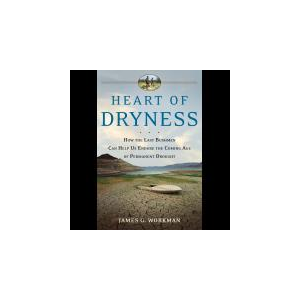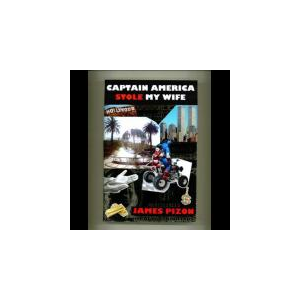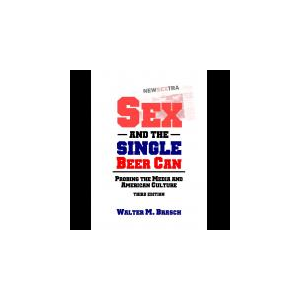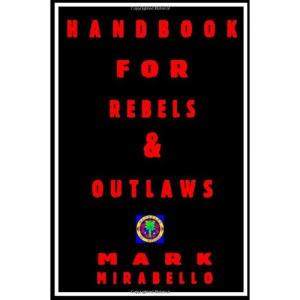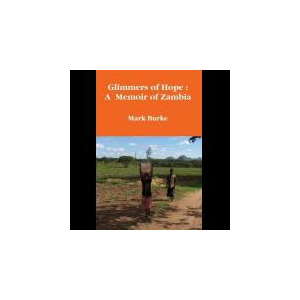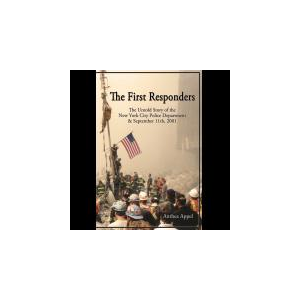Why do world leaders view the ecology as secondary to the economy?
Why the complacency over melting ice caps?
Why are rising sea levels ignored?
How will society react to ineffectual government?
Read Brine.
"I grew up wanting wheels but I had to buy an oar,
’Cause a boat is what I’m driving since the ocean hit the door."
Brine deals with the most critical problem of our age: sea level rise and the horrific consequences of inadequate response. Persuaded that the economic crisis of the new millenium is simply the forerunner to a far greater ecological catastrophe, the author assumes a retrospective view, describing life forty years on in a vastly changed society.
"We had dived from the splintering springboard of monetary emaciation into the snapping jaws of a ravenous ecosystem almost overnight."
There is no Plan B. Ecologists and politicians agree that our generation has no ‘second chance’ to solve the climate change crisis. What happens if we fail?
Scenario: A family’s beachfront home is threatened by rising sea levels. Regular inundations force evacuation and even a move to higher ground proves inadequate, so the couple takes to the water. Tide-riding has come of age.
The author traces his family’s survival route forty years later, but climate change continues to take its toll: tsunamis, mass migration, the parting of the Americas, flooding of coastal cities, the devastation of property values and an increase in seismic activity are all hallmarks of the era.
Brine offers a uniquely personal look at the most pressing problem our civilisation has ever faced. We don't inherit the earth from our parents - we borrow it from our children. Let's not fail them.
The Story Behind This Book
Why do world leaders view the ecology as secondary to the economy? Why the complacency over melting ice caps? Why are rising sea levels ignored? How will society react to ineffectual government? Read Brine. "I grew up wanting wheels but I had to buy an oar, ’Cause a boat is what I’m driving since the ocean hit the door." Brine deals with the most critical problem of our age: sea level rise and the horrific consequences of inadequate response. Persuaded that the economic crisis of the new millenium is simply the forerunner to a far greater ecological catastrophe, the author assumes a retrospective view, describing life forty years on in a vastly changed society. "We had dived from the splintering springboard of monetary emaciation into the snapping jaws of a ravenous ecosystem almost overnight." There is no Plan B. Ecologists and politicians agree that our generation has no ‘second chance’ to solve the climate change crisis. What happens if we fail? Scenario: A family’s beachfront home is threatened by rising sea levels. Regular inundations force evacuation and even a move to higher ground proves inadequate, so the couple takes to the water. Tide-riding has come of age. The author traces his family’s survival route forty years later, but climate change continues to take its toll: tsunamis, mass migration, the parting of the Americas, flooding of coastal cities, the devastation of property values and an increase in seismic activity are all hallmarks of the era. Brine offers a uniquely personal look at the most pressing problem our civilisation has ever faced.

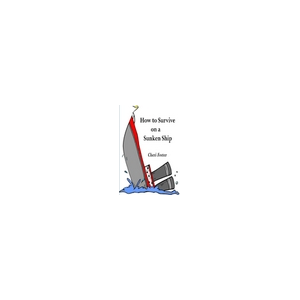
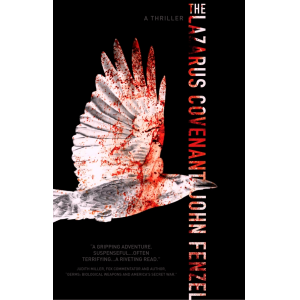
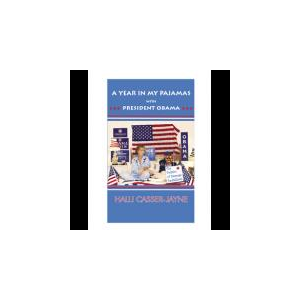



![The End Times Passover [Etymological Challenges to Millenarian Doctrines]](https://d3vm9ajvvas0k9.cloudfront.net/cdn/img/meta/books/300/6b93b5a27c432f85491a6d758e88a03d.jpg)
